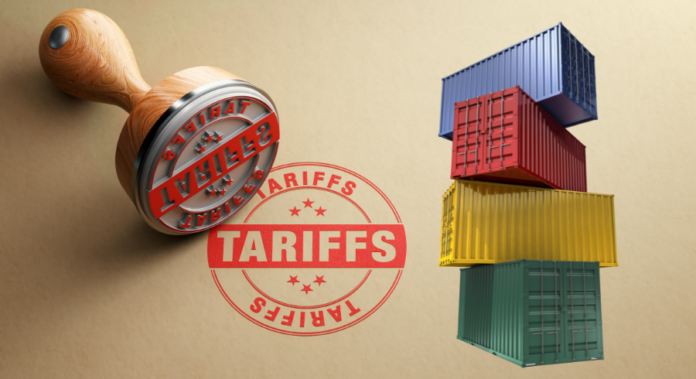Federal Minister for Commerce Jam Kamal informed the Senate that the government has approved significant reductions in import tariffs on approximately 300 products. The move aims to foster industrial growth, lower consumer costs, and improve export competitiveness.
In response to a calling attention notice, Kamal explained that the reductions would apply primarily to goods not produced locally, while duties on 900 other products would remain unchanged under the National Tariff Policy. Previously, some import tariffs had reached up to 40%, and the revised structure is expected to facilitate the access to raw materials for local production and reduce costs for consumers.
The tariff cuts will be implemented gradually, with some reductions taking effect within the next year, and others phased in over the next two to five years. Kamal highlighted that this was the first instance of tariff rationalisation, a move supported by Prime Minister Shehbaz Sharif and the federal cabinet.
The tariff changes are part of a broader shift in Pakistan’s trade and economic policies. Kamal also mentioned governance reforms at the Trade Development Authority of Pakistan (TDAP) and the Export Development Fund (EDF), which include technical evaluations of funding requests to ensure greater transparency.
The government is actively working on trade agreements with countries like the UK, Vietnam, Cambodia, and South Korea, with additional visits planned to the European Union, Geneva, and Brussels to further these negotiations.




